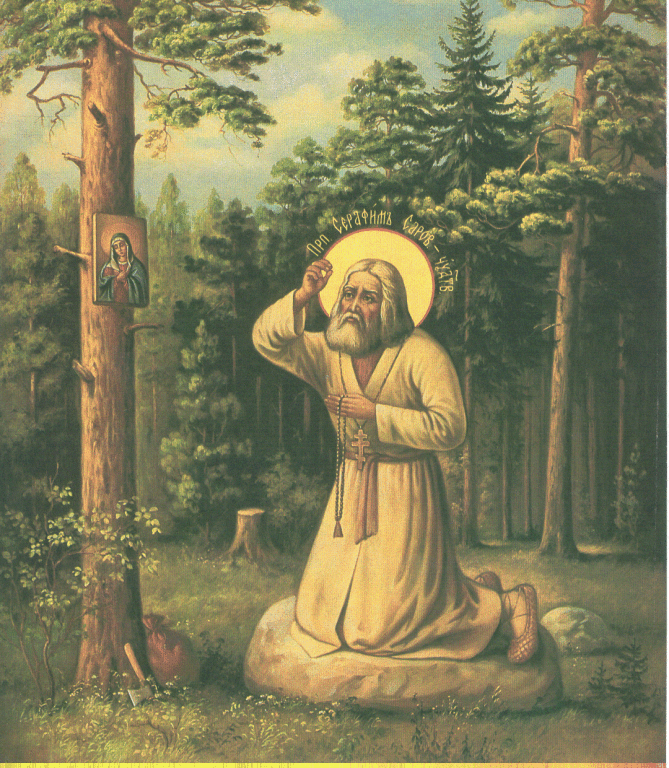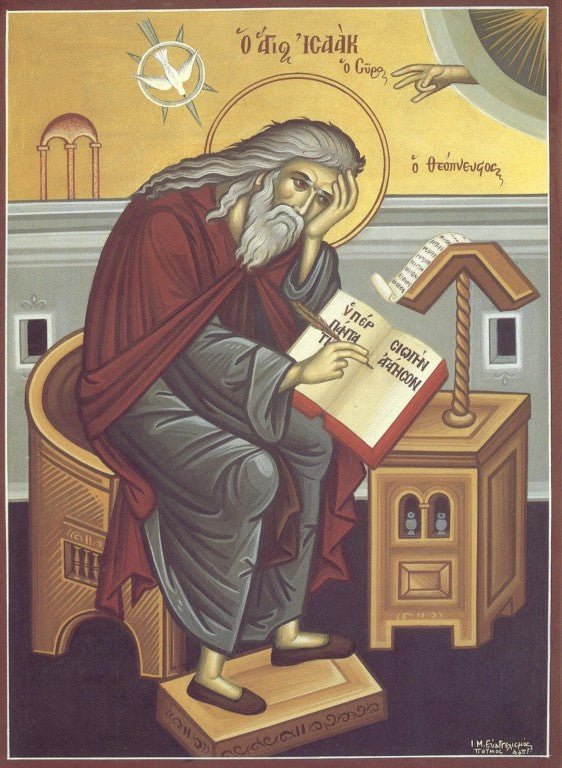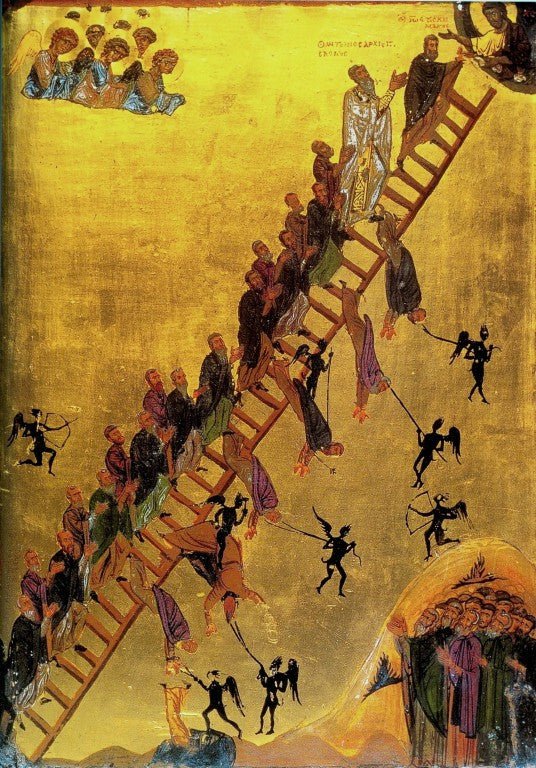Sermons & Homilies

The end is near! At the end of this coming week Great Lent will be over. But now, I would like to take a moment to look back at the beginning of Great Lent, and even the preparation for Great Lent. Every year at our monastery during the First Week of Lent, we read in our trapeza these words from the great instructor of the spiritual life, Abba Dorotheos:


Today we celebrate the Feast of my beloved patron, Our Holy Father Seraphim the Wonderworker of Sarov.

Several years ago during a long car ride, a monk from another shared a little of the story of his coming to the monastic life after an at best nominal Orthodox upbringing. He and his brother had been baptized as infants through the influence of a Orthodox Christian grandmother, but had rarely attended Church, and were not given any religious instruction as they grew older. As an adult, impelled by a spiritual longing or hunger, the likes of which have brought many of us to the doors of the Holy Church, he received the catechism so long delayed, and in time left the world to devote his life wholly to Christ.

St. John Climacus, whom we remember today, writes in The Ladder: “When our soul leaves this world we shall not be blamed for not having worked miracles, or for not having been theologians, or not having been rapt in divine visions. But we shall certainly have to give an account to God of why we have not unceasingly mourned.”1

